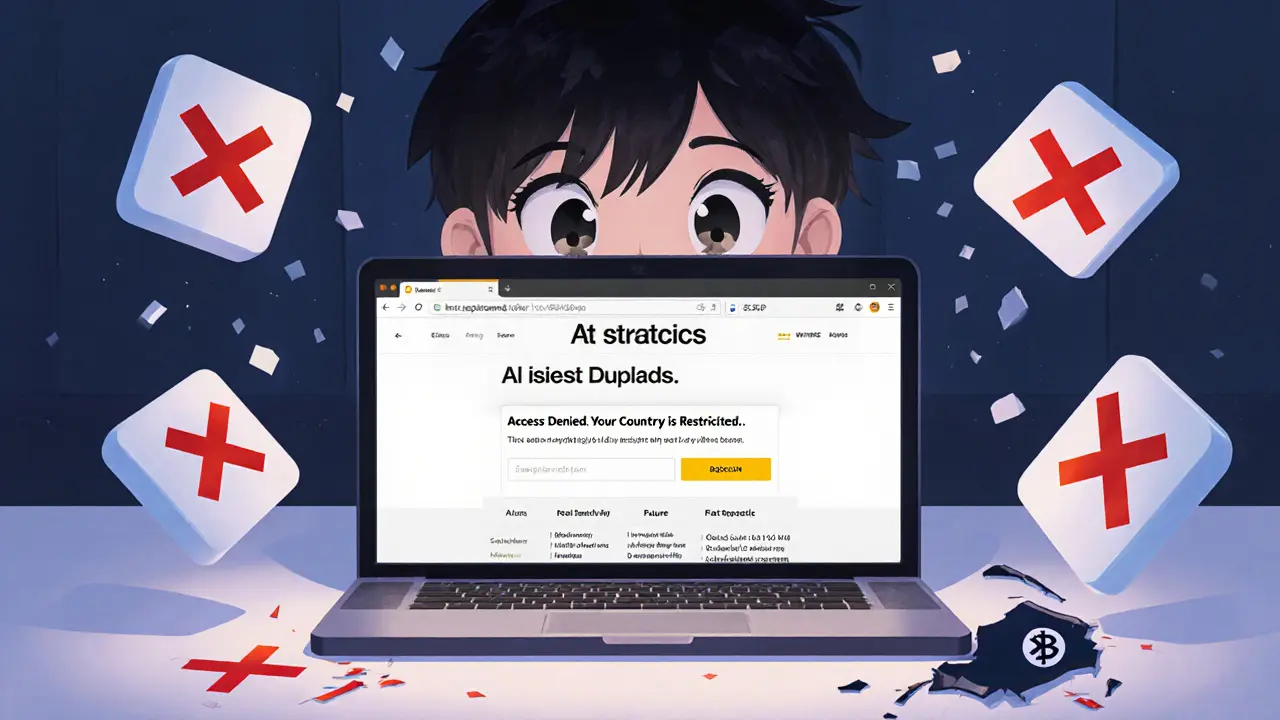Crypto Exchange Restrictions: What You Can and Can't Do on Major Platforms
When you hit a wall on a crypto exchange—like being blocked from trading a coin or forced to verify your identity—you're dealing with crypto exchange restrictions, rules set by platforms to comply with laws, reduce risk, or control which assets they list. These aren't random decisions. They're responses to government pressure, fraud risks, and compliance demands. You might think crypto is supposed to be free and open, but in practice, most big exchanges operate like banks with rules you didn't sign up for.
One major type of restriction is the KYC requirements, the process where exchanges collect your personal info like ID, address, and sometimes even proof of income. It’s not just about safety—it’s legally required in places like the U.S., EU, and Australia. Without KYC, exchanges risk fines, license revocation, or being shut down entirely. Then there’s the privacy coins, cryptocurrencies like Monero and Zcash designed to hide transaction details. Many exchanges, especially in regulated markets, have banned them outright because regulators see them as tools for money laundering. Australia’s exchanges, for example, removed privacy coins in 2024 after new AML rules came into force.
It’s not just about which coins you can trade. Some exchanges restrict entire countries. If you’re in Egypt, Iranian banks monitor your crypto activity under strict 2020 banking laws. In Indonesia, HTX (Huobi) offers local fiat options, but only because they followed local licensing rules. Meanwhile, platforms like DueDEX and Wagmi let you trade without KYC—but they’re risky, often lack volume, and can vanish overnight. These aren’t loopholes. They’re edge cases, and regulators are catching up fast.
What you’ll find in the posts below are real-world examples of these restrictions in action: exchanges that banned privacy coins, platforms that require ID just to buy Bitcoin, and DeFi protocols that skirt the rules but come with major red flags. You’ll see why some tokens get delisted, why your account gets frozen, and how to spot exchanges that are playing by the rules versus those that are just hiding in plain sight. This isn’t theory. It’s what’s happening right now—and it’s changing how you trade.
